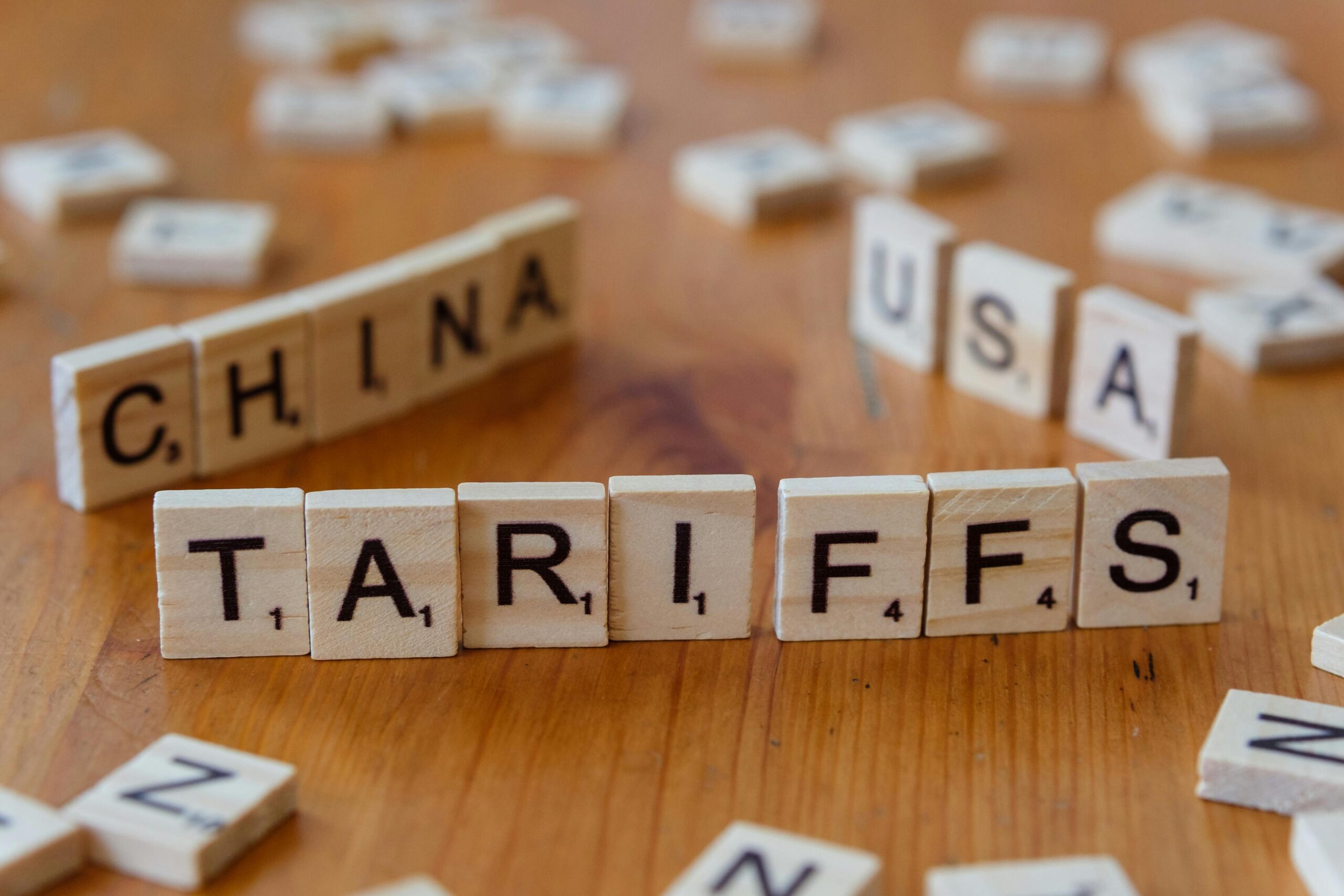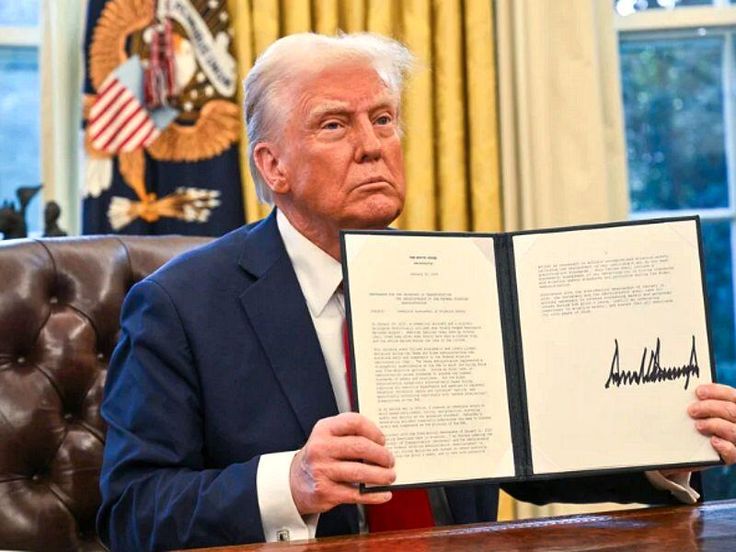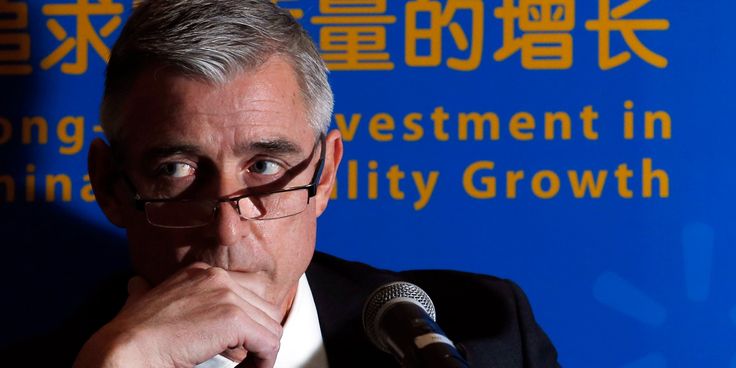US calls on G7, EU to impose tariffs on China, India over Russian oil purchases as the Biden administration intensifies efforts to choke off Moscow’s revenue streams and push for an end to Russia’s war in Ukraine. The appeal came during a call between finance ministers of the Group of Seven (G7) nations on Friday, where leaders explored fresh measures to pressure Russia economically and redirect frozen Russian assets to Ukraine’s defense.
G7 Discusses Fresh Sanctions and Economic Measures
The call, chaired by Canadian Finance Minister Francois-Philippe Champagne, was convened to discuss ways to increase financial pressure on Russia. According to a statement from Canada, which currently holds the rotating G7 presidency, ministers agreed to accelerate discussions on how frozen Russian sovereign assets could be used to directly support Ukraine’s war effort.
The group also debated an array of potential measures — including expanded sanctions, trade restrictions, and tariffs targeting countries accused of “enabling” Russia’s war machine through continued imports of Russian oil and other goods.
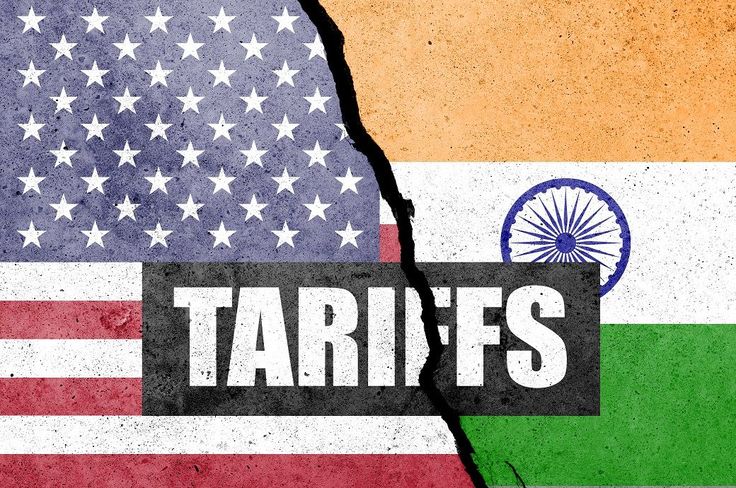
US Pushes for Tariffs on China and India
Leading the charge was US Treasury Secretary Scott Bessent, who told fellow ministers that a unified approach was necessary to deprive Moscow of vital oil revenues. “Only with a unified effort that cuts off the revenues funding Putin’s war machine at the source will we be able to apply sufficient economic pressure to end the senseless killing,” Bessent said in a joint statement with US Trade Representative Jamieson Greer.
Bessent specifically called on allies to join Washington in imposing tariffs on countries still buying Russian oil — with China and India being the largest purchasers. Earlier the same day, a Treasury spokesperson had urged the G7 and the European Union to apply “meaningful tariffs” to imports from Beijing and New Delhi in a bid to deter them from continuing their purchases.
Trump Administration Tightens Pressure on India
President Donald Trump has already taken unilateral action against India, imposing an additional 25% tariff on Indian imports, bringing the total punitive duties to 50%. The move is designed to pressure New Delhi into reducing or halting its purchases of discounted Russian crude. However, the tariffs have complicated ongoing trade negotiations between Washington and New Delhi, adding strain to a partnership that has been growing strategically closer in recent years.
Despite its tough stance on India, the administration has refrained from imposing additional tariffs on Chinese goods, mindful of a fragile trade truce currently in place between Washington and Beijing. Instead, Treasury officials hope coordinated action with allies could persuade Beijing to scale back its purchases without reigniting a damaging trade war.
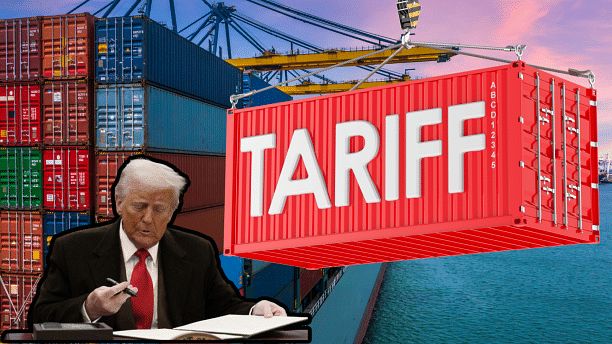
Bessent’s Diplomatic Push Continues in Madrid
Following the G7 call, Bessent is scheduled to travel to Madrid for talks with Chinese Vice Premier He Lifeng. The agenda is expected to include not only the issue of Russian oil but also broader trade disputes, Washington’s demand that Chinese-owned TikTok divest its US operations, and efforts to tighten anti-money laundering enforcement.
The Madrid talks are seen as a key opportunity to test whether Beijing might be willing to adjust its Russian oil purchases in exchange for avoiding further Western trade measures.
European Response Still Unclear
While several European nations support the idea of targeting Russia’s revenue sources, EU leaders remain divided on whether to impose tariffs on third countries like China and India. Some fear that doing so could trigger a global trade backlash, raising costs for European consumers and complicating relations with major trading partners.
However, momentum appears to be building for stronger action. Friday’s G7 call reportedly included discussions about how to ensure that frozen Russian assets — estimated at over $300 billion globally — could be used in a legally sustainable way to finance Ukraine’s military needs and postwar reconstruction.
Trump Warns Patience with Putin “Running Out”
Speaking in a Fox News interview earlier Friday, President Trump expressed growing frustration with Russian President Vladimir Putin, saying his patience was “running out.” He suggested that further sanctions targeting Russian banks and oil exports were “on the table” but stressed that European participation would be essential for any new measures to be truly effective.
“We’re going to have to come down very, very strong,” Trump said, adding that unilateral US action would not be enough to change Moscow’s calculus unless Europe joined in.
High Stakes for Global Energy Markets
The call for tariffs comes at a time when global energy markets remain volatile, with Russian oil continuing to flow to Asia despite Western sanctions and price caps. India and China have become Moscow’s largest buyers, taking advantage of discounted crude to supply their fast-growing economies.
Analysts warn that additional tariffs could have ripple effects on global oil prices, potentially raising costs for consumers worldwide. However, Washington argues that depriving Moscow of oil revenue is critical to shortening the war and saving lives in Ukraine.
The Bigger Picture: Economic Warfare
The move highlights a growing willingness by the US and its allies to use trade policy as a tool of geopolitical leverage. The strategy mirrors earlier efforts to restrict Russia’s access to technology, financial markets, and military components. By targeting countries that continue to trade with Moscow, Washington hopes to increase the economic isolation of Russia and force difficult choices on its remaining partners.
Whether the strategy succeeds may depend on how China and India respond — and whether G7 and EU nations are willing to absorb the economic costs of a prolonged tariff confrontation.
What’s Next
As Bessent heads to Madrid for talks with Chinese officials, all eyes will be on whether Beijing signals any flexibility on its oil imports from Russia. A cooperative approach could defuse the immediate tariff threat, while defiance could push the US and its allies toward more aggressive trade measures in the coming weeks.
For now, the message from Washington is clear: US calls on G7, EU to impose tariffs on China, India over Russian oil purchases, and expects allies to act quickly to cut off Moscow’s financial lifeline.
Source: Reuters

